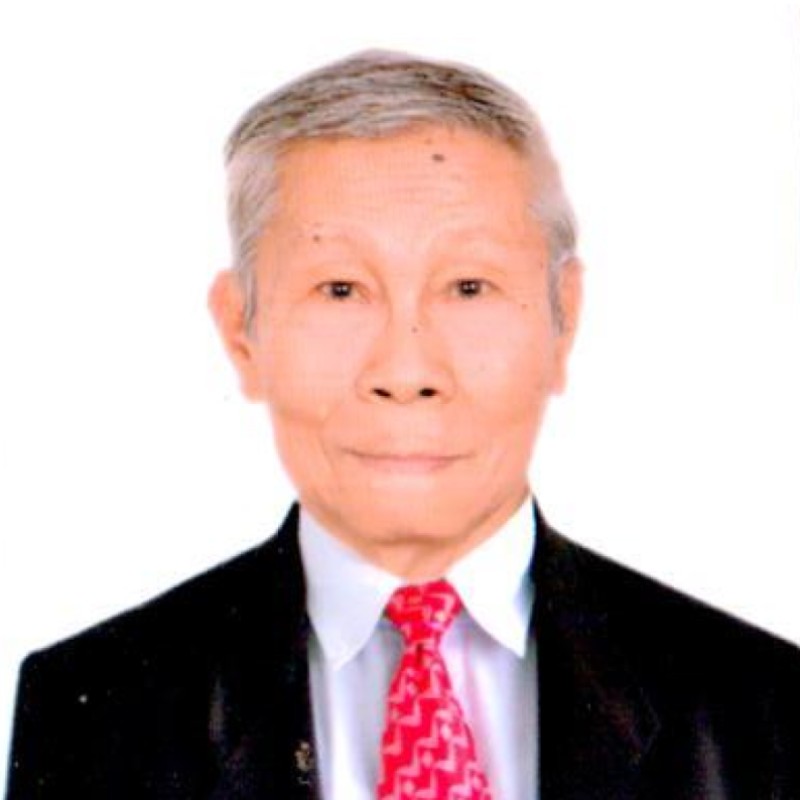GLIMPSES & GAZES
By Severino C. Samonte
The party-list system of elections: Is it beneficial for the people?
Share
The 48 members of the 1986 Constitutional Commission (Con-Com) appointed by then-President Corazon C. Aquino to draft a new Charter decided to include an entirely new section providing for the development of "a free and open party system according to the free choice of the people."
In accordance with this aim, the Con-Com chaired by former Supreme Court Justice Cecilia Munoz-Palma agreed to retain the 24-member Senate of the Congress of the Philippines but introduced a very significant change, a "first" in the composition of the House of Representatives, and this gave birth to the present party-list system of elections in the country.
This change is reflected in Section 5 of Article VI (Legislative Department) of the 1987 Constitution which reads:
"The House of Representatives shall be composed of not more than 250 members, unless otherwise fixed by law, who shall be elected from legislative districts apportioned among the provinces, cities, and the Metropolitan Manila area in accordance with the number of their inhabitants, and on the basis of a uniform and progressive ratio, and those who, as provided by law, shall be elected through a party-list system of registered national, regional, and sectoral parties or organizations."
The same section further provided that: "The party-list representatives shall constitute 20 percent of the total number of representatives, including those under the party-list system. For three consecutive terms after the ratification of this Constitution, one-half of the seats allocated to party-list representatives shall be filled, as provided by law, by selection or election from the labor, peasant, urban poor, indigenous cultural communities, women, youth, and such other sectors as may be provided by law, except the religious sector."
A parallel provision in Article IX (Constitutional Commissions/Commission on Elections) empowers and directs the poll body "to register, after sufficient publication, political parties, organizations, or coalitions which, in addition to other requirements, must present their platform or program of government; and accredit citizens' arms of the Comelec."
Religious denominations and sects shall not be registered. Those who seek to achieve their goals through violence or unlawful means, or refuse to uphold and adhere to this Constitution, or who are supported by any foreign government shall likewise be refused registration.
The 1987 Constitution was ratified by the Filipino voters on Feb. 7 of that year and the first election for the members of the Senate and the House of Representatives (party-list candidates not yet included) was held on May 11, 1987.
In compliance with the Constitutional mandate, the new Congress subsequently enacted Republic Act No. 7941 or the Party-list System Act of 1995. The first party-list elections were held in 1998.
Meanwhile, former 1986 Con-Com delegate Hilario G. Davide Jr., who later became Chief Justice of the Supreme Court (1998-2005), had a beautiful description of the 1987 Constitution in the book "Development Issues: Constitutional Response" authored and written by fellow delegate Florangel Rosario -Braid and published by the National Book Store in 1987.
Davide served as chairman of the Con-Com's Legislative Committee and was the principal sponsor of the Article on the Legislative Department and the Ordinance on Apportionment of Legislative seats.
in his article titled "The Scope of Legislative Power," Davide said: "Under the 1987 Charter, the legislative power is no longer exclusively vested in the lawmaking body, the Congress of the Philippines. This is the most outstanding feature of Article VI (Legislative Department)."
Davide wrote: "Section 1 of Article VI expressly reserves to the people the right to directly propose and enact laws through initiative or to approve or reject any act or law passed by Congress through referendum. Through initiative or referendum, all that is required is a petition signed by at least 10 percent of the voting population affected."
He added: "This is supported by Section 1 of Article XI (Accountability of Public Officers) which mandates that a public office is a public trust and public officers and employees must at all times be accountable to the people and serve them with utmost responsibility, integrity, loyalty and efficiency, and act with patriotism and justice, and lead modest lives.
"Because of initiative, the members of Congress will be prodded to act with dispatch in the passage of laws, otherwise the people would preempt them. Because of the referendum, Congress would have to exercise extreme care and use wisdom in the passage of laws, otherwise, the people would disapprove or reject them.
"For the first time too, the people and their independent organization are granted the right to effective and reasonable participation at all levels of social, political and economic decision-making."
As the Comelec begins preparing for the conduct of the next midterm elections on May 12, 2025 (slightly more than just 10 months away), perhaps it is time for the Filipino voters to ask the poll body and the members of Congress to put a stop to the proliferation of the party-list participants in the country's elections.
Many sectors of the Filipino population are now asking: "Is the party-list system a boon or a bane for the Filipino voters? Is it beneficial for the people as perceived by the drafters of the 1987 Constitution?"
Comments
About the Columnist

He began his journalistic career by contributing to the Liwayway and Bulaklak magazines in the 1960’s. He was the night editor of the Philippine News Service when Martial Law was declared in September 1972. When the Philippine News Agency was organized in March 1973, he was named national news editor because of his news wire service experience.
He retired as executive news editor in 2003. He also served as executive editor of the Malacanang-based Presidential News Desk from 1993 to 1996 and from 2005 to 2008.
